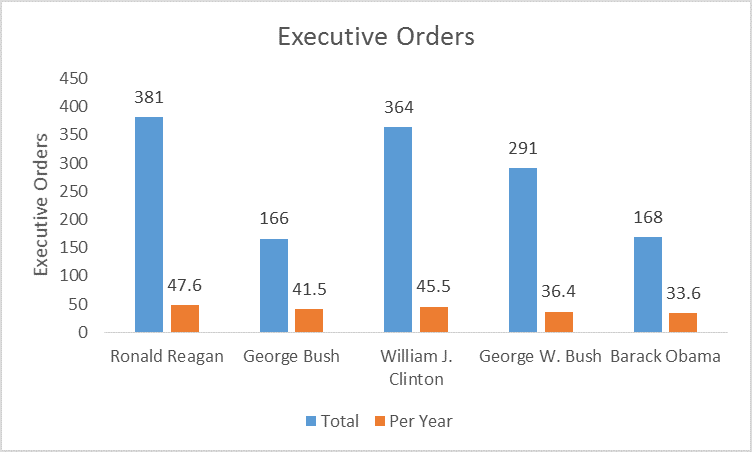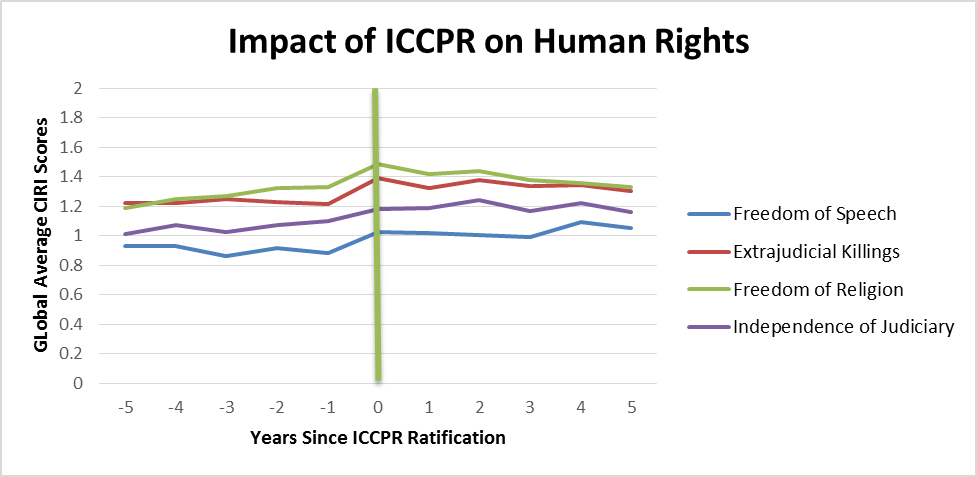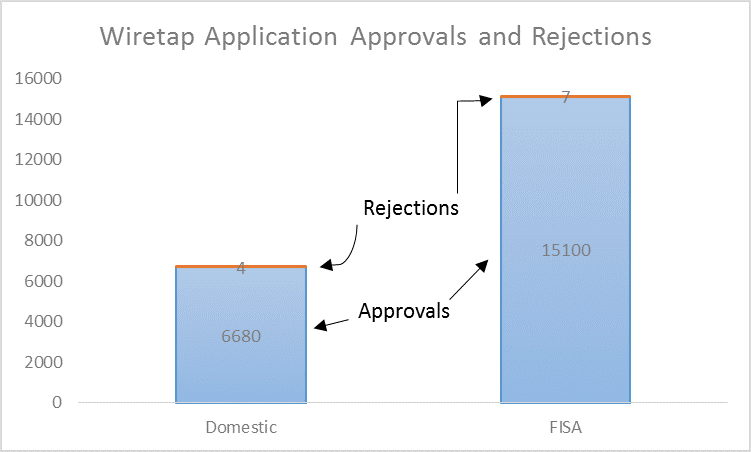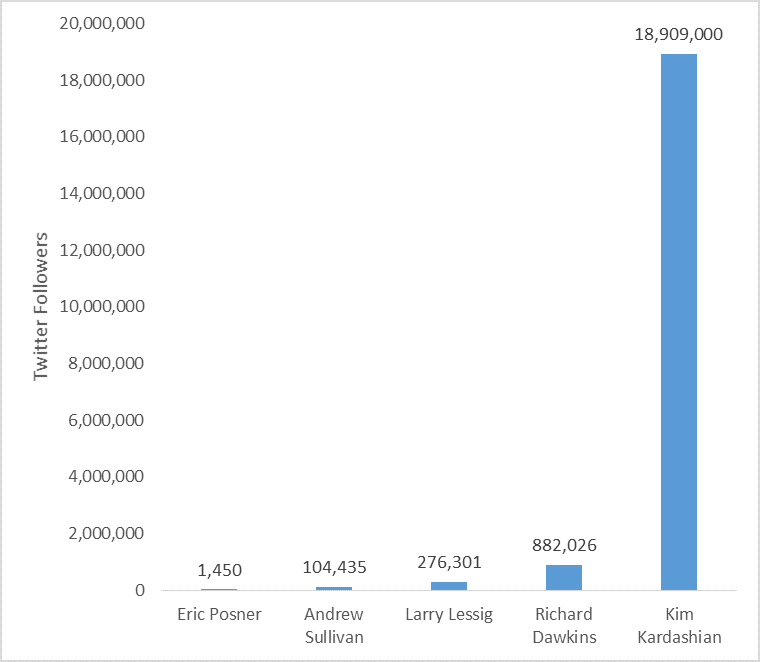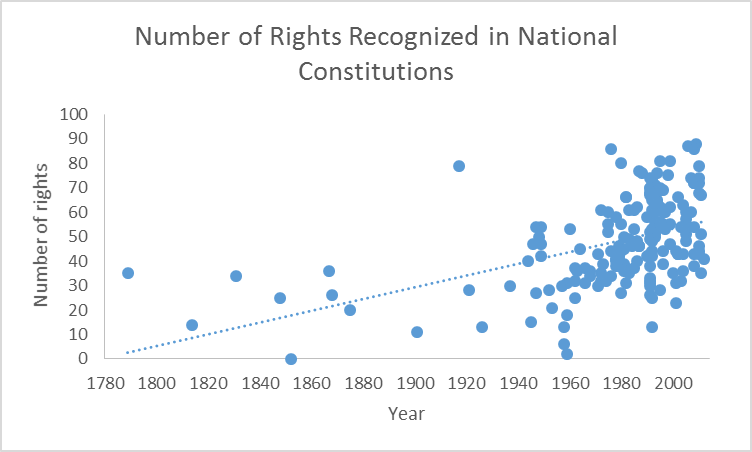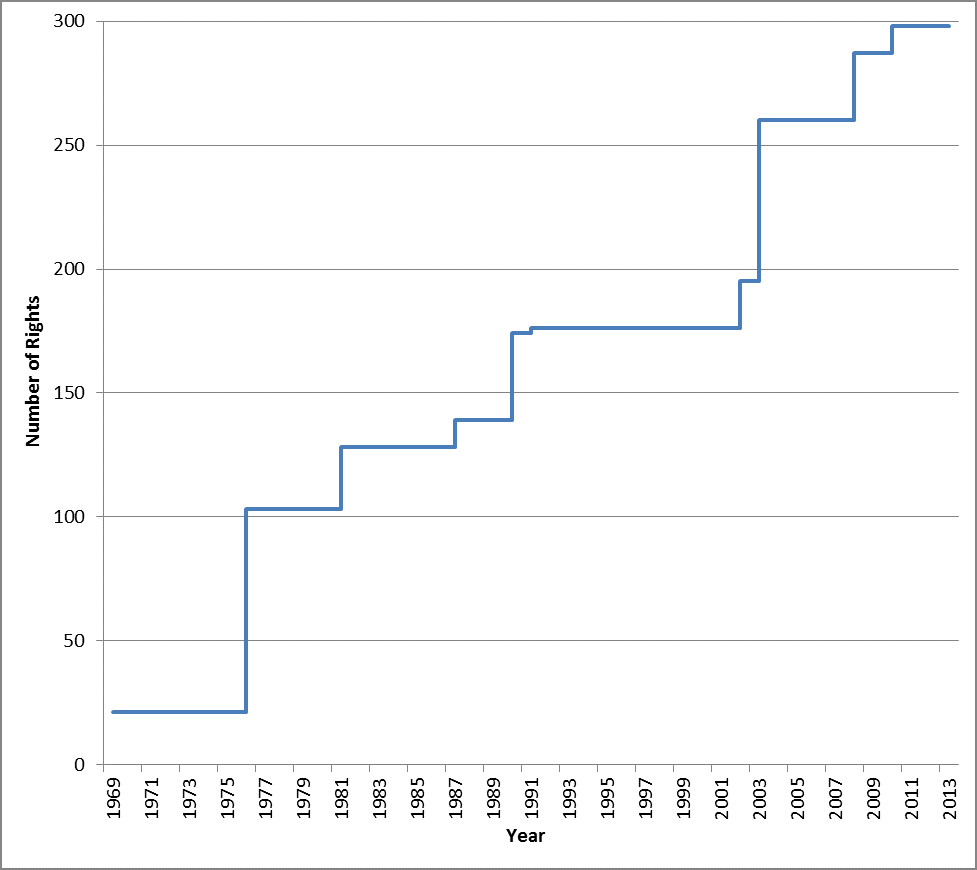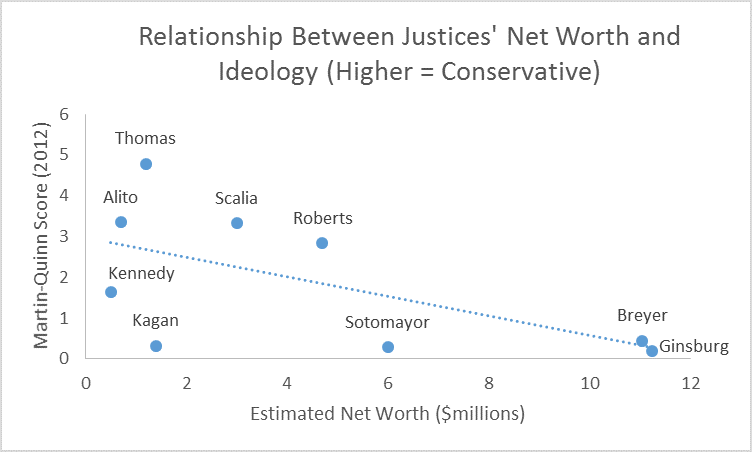Here is Charles Barzun, who gets the final word. The original paper is here; Charles’ response; my reply; Adrian’s reply.
In my response to their thought-provoking paper, I argued that the supposed fallacy that Eric and Adrian identify depends on empirical claims about judicial behavior in a way that they denied. My point was that although the targets of their critique may make different assumptions about what motivates judges and what motivates political actors in the other branches, those assumptions are not necessarily “inconsistent” if the different treatment is justified by the different institutional norms and constraints that operate on judges, as compared to other political actors (which I consider to be at least in part an empirical question). Neither this point – nor any other one I made – depends on controversial claims about the nature of truth or logical consistency, postmodern or otherwise.
In their brief rejoinders, Eric and Adrian continue to insist that their argument does not depend on any empirical claims about what motivates judges. But in so arguing, each of them contradicts himself and concedes my original point in the process.
Adrian first says of the kind of argument they were examining that “it is caught in a dilemma — it can survive filter (1) only by taking a form that causes it to be weeded out by filter (2).” I take Adrian to mean here that the argument can avoid the charge of inconsistency (filter (1)) but only at the cost of making implausible empirical assumptions about how judges act (filter (2)). But then he goes on to say that by the time we are considering the empirical question (filter (2)), “the fallacy has already dropped out by that point; it is not affected at all by whatever happens in the debate at the second stage.” But how can it be that the fallacy is “not affected” by what happens at the second stage if, as he has just said, it can “survive filter (1)” by making empirical claims that filter (2) then “weeds out”?
Eric makes the same error in even more efficient fashion. He says, “we sometimes argue that they escape the problem only by making implausible arguments. But the inside-outside problem does not depend on our skepticism about these specific arguments being correct.” Eric’s second sentence contradicts his first. He acknowledges that the targets of their critique can “escape the problem” (of inconsistency) by making what he considers to be implausible empirical arguments. But then he insists that their charge of inconsistency does not depend on those empirical arguments about judicial behavior being implausible. But how can that be the case if, as he has just said, the scholars can avoid inconsistency if those empirical arguments are correct?
I don’t think I’m the postmodernist in this debate.
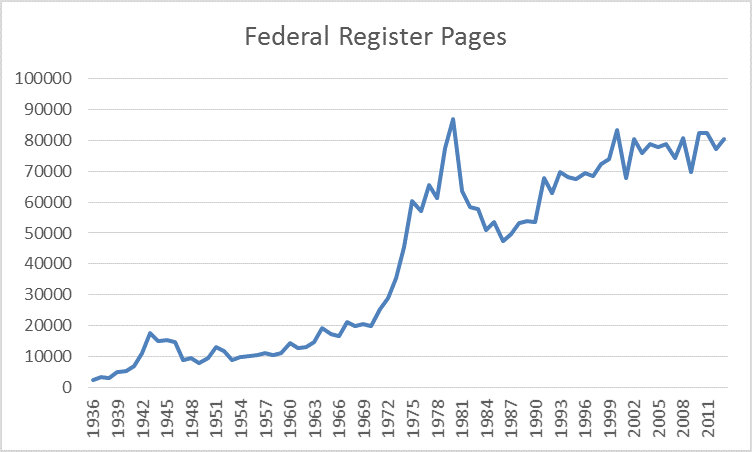
 As I note in a
As I note in a 